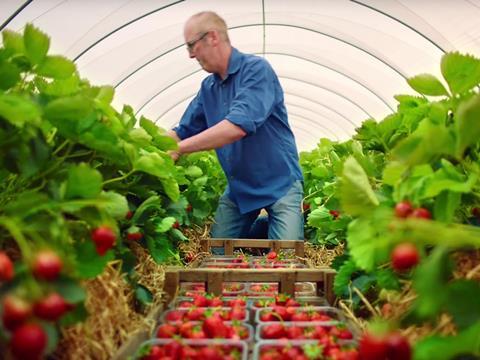
Prices could soar and the traditional British treat of strawberries and cream could become a thing of the past if the government does not address migrant labour shortages soon, growers have warned.
Soft fruit production in the UK has grown by 131% during the past 20 years according to research for British Summer Fruits by agricultural consultancy Andersons – largely as a result of the success of home-grown strawberries.
However, this progress could be scuppered, it has warned, unless the government acts now.
Scroll down for video
The study found that 29,000 seasonal workers were employed in UK soft fruit production in 2015, with only a tiny fraction of labour provided by UK nationals. More than 31,000 seasonal workers would be required in the coming years in order to satisfy demand, said British Summer Fruits chairman Laurence Olins.
“But the industry will shrink if we can’t secure labour, and without the workers we will have to import more,” he warned, potentially causing supply shortages of UK-grown fruit.
“This could push up prices by as much as 50%, but there’s no country in Europe that has the capacity to grow for us in case we need an extra 100,000 tonnes more fruit,” he added.
“In order to carry on as usual we need a permit scheme, and that needs to be in place by next September because we need to recruit against that scheme six months before we need the staff.”
This meant the government had just six months to plan a new seasonal agricultural workers scheme “as it would take six months to crank up and send out to tender – we’re six months away from this situation – this is as extreme as it gets. If we do not have the pickers, we do not have a soft fruit industry.”
Unfilled vacancies
Growers were receiving “less and less applications from migrant workers” and had to work much harder to attract numbers due to the effects of Brexit on confidence and wages, Olins said. “People don’t feel welcome and they have seen a 15% devaluation in wages because of the weak pound.”
His comments come as the NFU warned the number of seasonal workers coming to British farms had dropped by 17% between January and May, with more than 1,500 unfilled vacancies on British farms in May alone.
Meanwhile, a BBC survey published today (22 June) revealed that 32% of fruit and veg growers were not sure they would have enough workers to for the start of the main picking season, with 78% stating recruitment had been more difficult this year.
“Farmers and growers need to know how the government will deal with the need from industries that rely on seasonal workers,” said NFU horticulture and potatoes board chairman Ali Capper.
“Without that, this trend is likely to continue and at this stage in the season any further tightening in the workforce will hit hard on farms.”
A spokesman for the Home Office said the government intended to ”commission advice from the Migration Advisory Committee this year to better understand the reliance on EU migrant workers across the economy and consider the UK’s labour market needs”.
He added: ”The government places great value on the UK’s food and farming industries, both as a crucial component of the UK economy and of the fabric of rural Britain.
“Until we have left the EU, the UK will remain a member with all of the rights and obligations that membership entails, and employers in the agricultural and food processing sectors are free to continue to recruit EU workers to meet their labour needs. Labour market statistics published in May show that in the period to March 2017 there were 171,000 more EU workers in the UK workforce than the year before.”









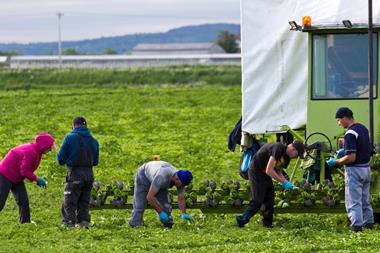
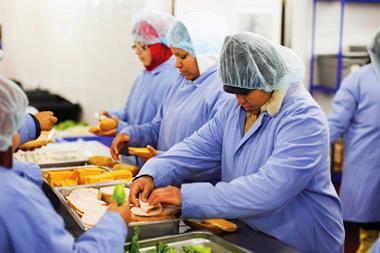
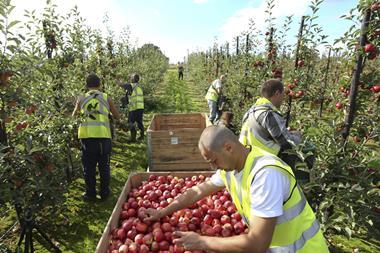
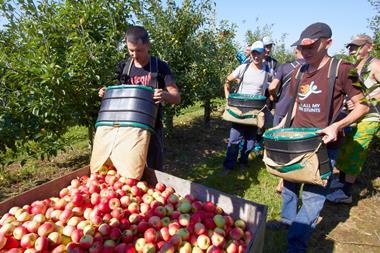






No comments yet